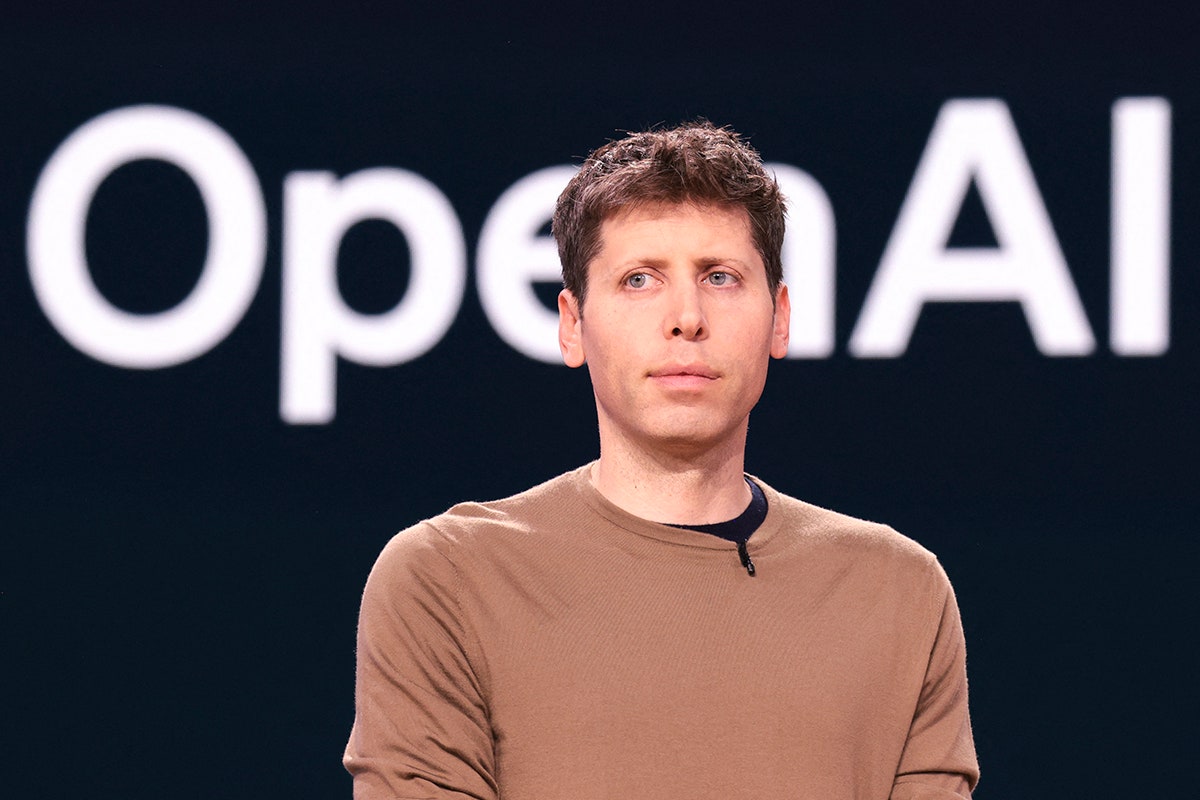SearchGPT Is OpenAI’s Direct Assault on Google

After months of speculation about its search ambitions, OpenAI has revealed SearchGPT, a “prototype” search engine that could eventually help the company tear off a slice of Google’s lucrative business.
OpenAI said that the new tool would help users find what they are looking for more quickly and easily by using generative AI to gather links and answer user queries in a conversational tone. SearchGPT could eventually be integrated into OpenAI’s popular ChatGPT chatbot. In addition to a broader web search, the search engine will tap into information provided by publishers who have signed deals giving OpenAI access to their data.
Kayla Wood, a spokesperson for OpenAI, declined to provide a SearchGPT demo or an interview about the new tool for WIRED, but confirmed that the company has already given access to unnamed partners and publishers and improved aspects of the search engine based on their feedback.
Microsoft, an investor in OpenAI, was one of the first companies to release a generative AI search engine to the public when it launched an AI-powered version of Bing back in 2023 that relied on OpenAI’s large language models. That AI search experience from Microsoft has since been rebranded to Copilot.
Since then, multiple competitors, like Google and Perplexity, have launched their own AI search experiences for users. Google’s AI Overviews provide AI-generated summaries of articles, often at the top of news results. OpenAI’s SearchGPT appears more similar to Perplexity’s approach, where the chatbot provides an accompanying list of relevant links and the user can ask follow-up questions.
After OpenAI first introduced ChatGPT in November 2022, early users saw in the chatbot’s ability to dig up and summarize information from the web a potential replacement for conventional web search. The shortcomings of large language models make chatbots imperfect search tools, however. The models draw on training data that is often months or years out of date, and when unsure of an answer they will make up facts.
Microsoft’s early efforts with Bing were far from a success, with the AI-powered search engine producing strange, inappropriate, and incorrect answers. Bing’s market share grew only slightly following the overhaul.
When Google added AI Overviews to search results this May, the company also quickly ran into reliability problems, like recommending people add glue to pizza. OpenAI’s SearchGPT may use an approach to generative AI, called retrieval augmented generation, that is an industry standard for AI search and designed to lower the rate of hallucinations in chatbot answers. With a RAG approach, the AI tool references trusted information, like a preferred news website, while generating its output and links back to where the data originated.
There’s also the question of potential copyright violations. Perplexity in particular has been criticized by publications, including WIRED, for copying aspects of original journalism with its AI search tool and seeming to ignore requests not to take content from some websites. In OpenAI’s blog post, the company mentions its commitment to publishers: “SearchGPT is designed to help users connect with publishers by prominently citing and linking to them in searches.” Multiple companies, including Vox Media, The Atlantic, News Corp, and the Financial Times, have all signed licensing agreements with OpenAI this year.
Despite the runaway success of ChatGPT, OpenAI is looking for new revenue streams as it pours money into training ever-larger AI models. A report by The Information estimates that the company could lose $5 billion this year due to the cost of hiring more staff and launching new commercial offerings as well as training more powerful AI.
Entering the world of web search may also help OpenAI counter key rival Google. After being left flat-footed in this space, the search giant quickly developed a competitor to ChatGPT called Gemini. It has also ramped up efforts to fold the technology into commercial offerings, including its office software and Android mobile operating system, in addition to search.
Richard Socher, CEO of You.com, a tool that uses generative AI to surface information from the web, says providing a search tool that is measurably better than what people are used to is incredibly difficult. He says for this reason You.com has pivoted to being more of a business-focused research tool. Socher adds that OpenAI’s pivot from a focus on developing artificial general intelligence to more commercial ventures will bring its own challenges. “It’s a very different mindset,” he says.




